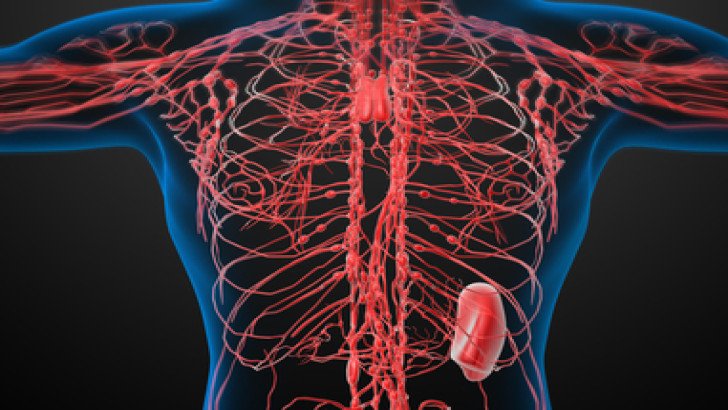
Lymphoma is a type of cancer that begins in the cells of the lymphatic system, which is part of the body's immune system. White blood cells called lymphocytes, which are essential for protecting the body from infections, are the source of lymphoma.
Introduction
to Lymphoma
Lymphoma
is a type of cancer that begins in the cells of the lymphatic system, which is
part of the body's immune system. White blood cells called lymphocytes, which
are essential for protecting the body from infections, are the source of
lymphoma. The lymphatic system includes the lymph nodes (small, bean-shaped
structures found throughout the body), the spleen, the thymus gland, and bone
marrow. When these lymphocytes become abnormal and start to multiply
uncontrollably, lymphoma develops.
Types
of Lymphoma
Hodgkin
lymphoma and non-Hodgkin lymphoma are the two primary types of lymphomas.
Hodgkin
Lymphoma
Reed-Sternberg
cells are big, abnormal lymphocytes that are characteristic of Hodgkin lymphoma
(HL). This lymphoma typically begins in the upper body, such as the neck,
chest, or armpits. HL is relatively rare but highly treatable, especially when
detected early.
Non-Hodgkin
Lymphoma
Non-Hodgkin
lymphoma (NHL) encompasses a diverse group of blood cancers that do not contain
Reed-Sternberg cells. NHL can develop in various parts of the lymphatic system
and is more common than Hodgkin lymphoma. There are numerous subtypes of NHL,
each with unique characteristics and treatment approaches.
Causes
of Lymphoma
Although
the precise aetiology of lymphoma is unknown, several risk factors have been
shown to include:
Symptoms
and Side Effects
Symptoms
of lymphoma may differ according to the kind and location of the cancer. Common
symptoms include:
Side
effects from lymphoma and its treatment can also impact patients. These may
include:
Treatment
Options
The
kind, stage, and general condition of the patient all influence the course of
therapy for lymphoma.
Chemotherapy
Strong
medications are used in chemotherapy to either kill or inhibit the growth of
Cancer Cells. It may be injected intravenously or given orally. Chemotherapy,
which may be administered either alone or in conjunction with other medicines,
is often the first line of treatment for lymphoma.
Radiation
Therapy
High-energy
radiation is used in radiation treatment to kill cancer cells.
Immunotherapy
Immunotherapy boosts the body's natural defenses to fight cancer. It includes treatments like monoclonal antibodies, which target specific proteins in cancer cells, and checkpoint inhibitors, which help the immune system recognize and attack cancer cells.
Targeted
Therapy
Targeted
therapy focuses on specific molecules involved in the growth and survival of
cancer cells. Compared to conventional chemotherapy, these therapies may be
more focused and have fewer side effects.
Stem
Cell Transplant
Stem cell transplant, or bone marrow transplant, involves replacing damaged bone marrow with healthy stem cells. Patients who suffer from severe or recurring lymphomas often have this surgery.
Conclusion
Lymphoma
is a complex and varied disease but advances in medical research and treatment
options provide hope for patients. Early detection and a thorough understanding
of the types, causes, symptoms, and treatment options are crucial in managing
lymphoma effectively. If you or a loved one is facing lymphoma, it's essential
to consult with healthcare professionals to determine the best course of action
tailored to your specific situation.
Kindly complete the form below, and our dedicated team will reach out to you promptly. We look forward to connecting with you soon!
Trierer Straße, 56072 Koblenz, Germany

.webp)
 (1).webp)

.webp)
 (1).webp)


.webp)
 (1).webp)

.webp)
 (1).webp)
